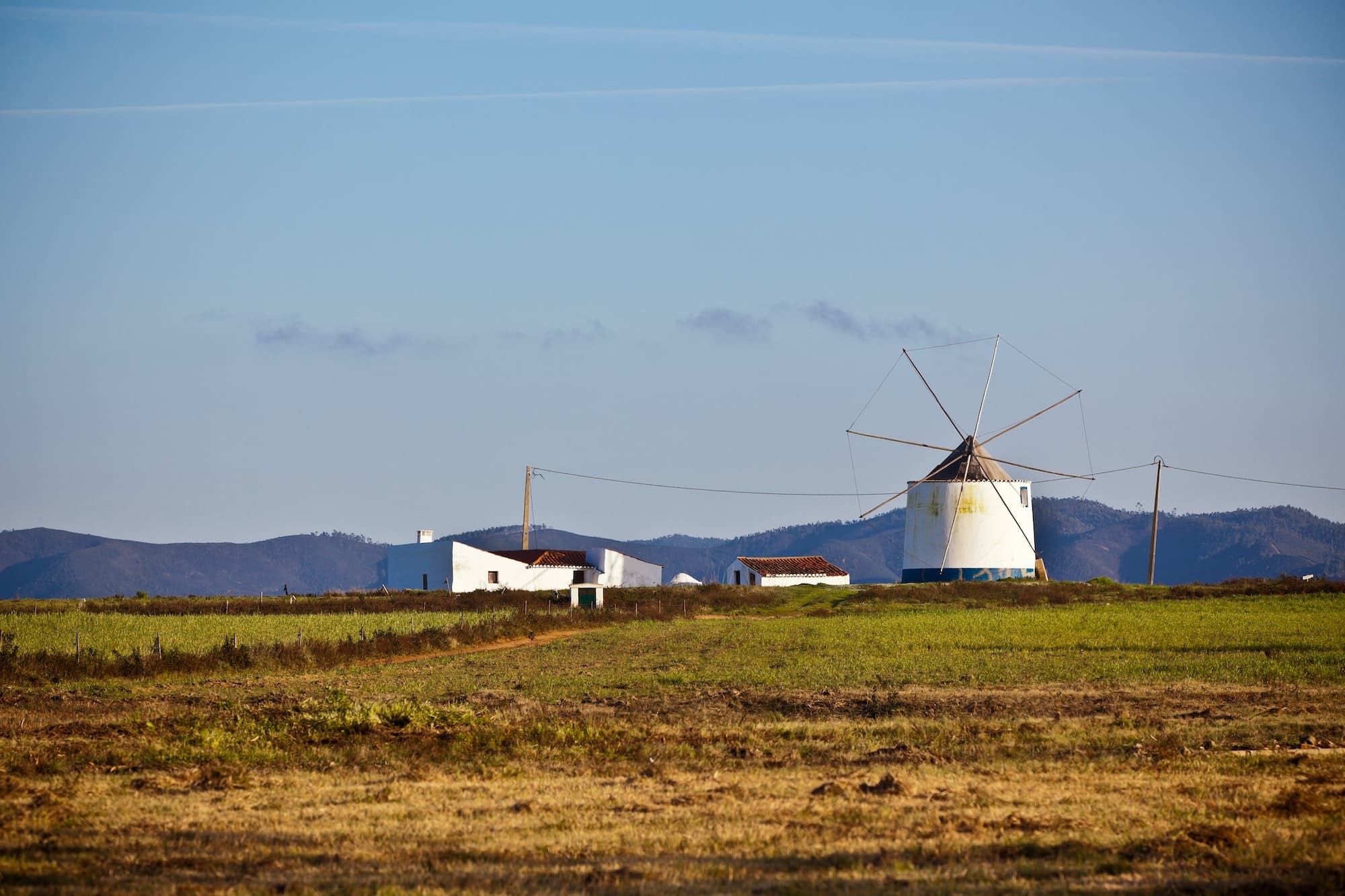Approved diplomas under the legal regime of the simplified cadastral information system and the Single Property Counter (BUPi)
The Government approved The last Thursday (July 10) two diplomas that allow to extend the period of free identification and registration of rustic properties and to promote an “administrative conciliation” in case of dispute of the owners. The two diplomas, approved by the Council of Ministers, are part of the legal framework of the simplified cadastral information system and the Single Property Counter(BUPi), introducing some changes to the current diploma.
According to the Minister of Justice, Catarina Sarmento e Castro, at the end of the meeting, one of the amendments provides for the extension of the period of free identification and registration procedures until the end of 2025.
The diploma also establishes mechanisms for conflict resolution, using “administrative conciliation”, in cases where there may be an “overlap of boundaries on land being identified and registered”.
“We all know that it is much easier to accept a decision that has been agreed than a decision that has been imposed. Basically, by sitting at the table the interested parties in this procedure and through a third party, who will be a technician, who will mediate, we can thus resolve any issue that may arise from conflict over the limits “, explained the governor.
The amendments also provide for public consultations, via the internet, public notices or consular entities, “in cases where not all the boundaries of the adjoining buildings have yet been identified” and the promotion of land registration by the Public Administration services.
The documentation submitted to each of the BUPi will also be used for registration purposes and no new documents will need to be submitted to the registry office.
1.7 million properties in 144 municipalities identified
As a balance sheet, the Minister of Justice said that nearly 1.7 million properties have already been identified in the 144 municipalities participating in the project.
Thus, it is already possible to know 75% of the area of the 153 municipalities without land registry, and the Government’s objective is to reach 90% of the properties by the end of the year.
” BUPi is part of one of the most important reforms of this century. With it we will be able to know the territory, so we can manage it better and prevent fires better. It gives a name and a face to a particular property and contributes to legal certainty. This is the only way to have full ownership”, he stressed.
Created in 2017 as a pilot project, BUPi is currently funded by the Recovery and Resilience Plan(PRR), component C08 Forests, integrated in the government area of Justice and Environment and Climate Action, in conjunction with Territorial Cohesion.









